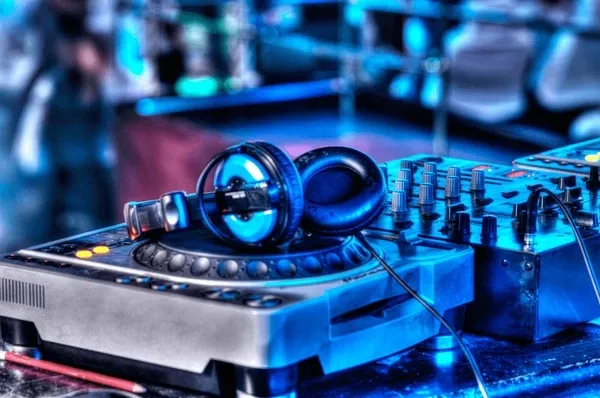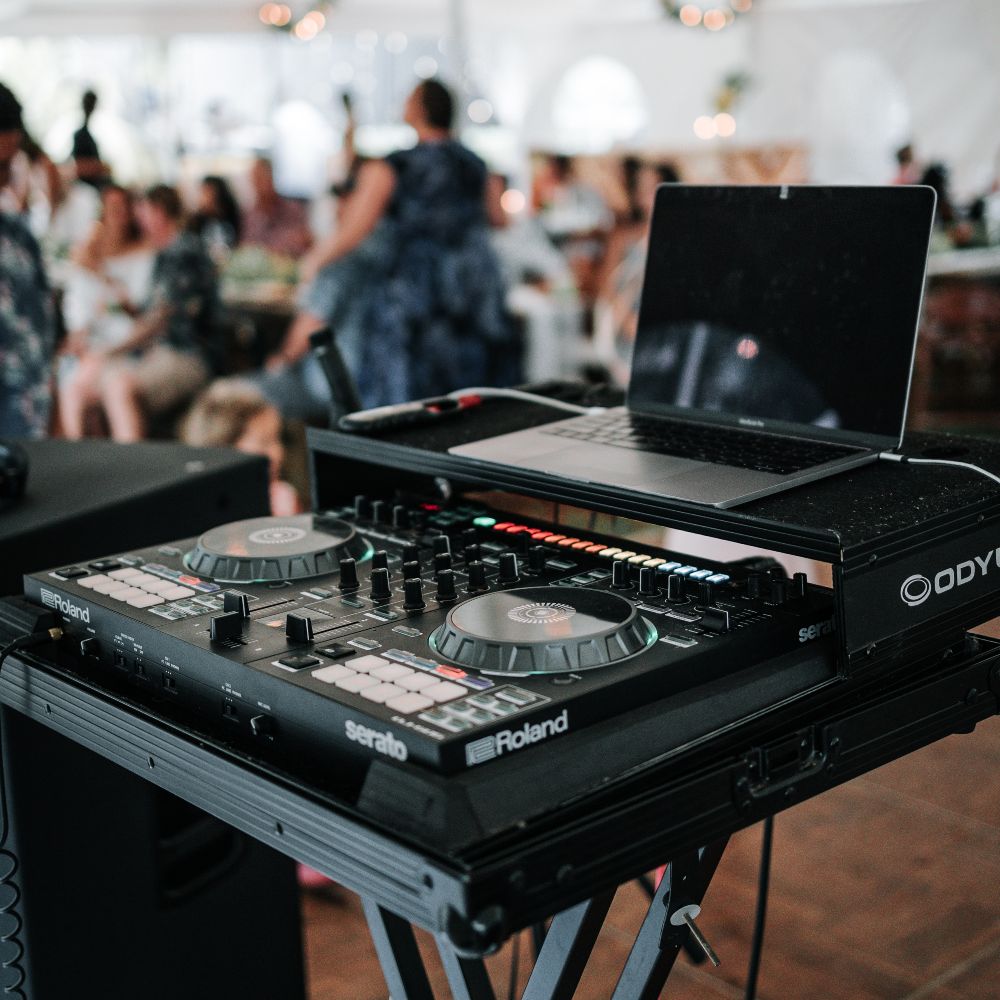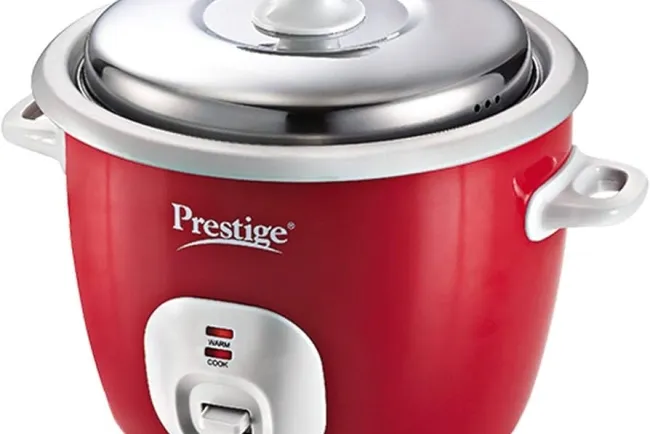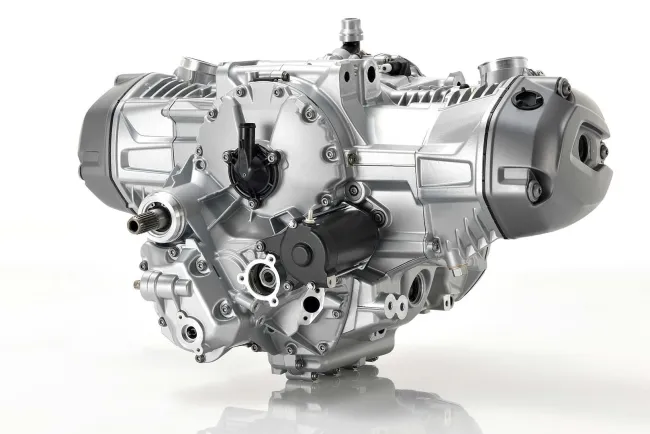Mix Masters: The Vital Role of DJs in Shaping Musical Experiences...!!!
DJs are pivotal in creating dynamic musical experiences across various settings. Their ability to mix tracks, read audiences, and adapt to different environments makes them indispensable in the music world.

A DJ (Disc Jockey) is a person who mixes recorded music for an audience. DJs are essential in various music scenes, including nightclubs, radio, festivals, and private events. They play a significant role in shaping musical experiences and creating vibrant atmospheres.
History of DJs
The concept of the DJ emerged in the early 20th century with the advent of radio broadcasting. Radio DJs played a pivotal role in introducing new music to listeners and curating playlists. In the 1940s and 1950s, with the rise of rock and roll, DJs became influential figures in the music industry. The 1970s saw the birth of hip-hop culture in New York City, where DJs like Kool Herc pioneered the art of mixing and scratching records. The 1980s and 1990s witnessed the rise of electronic dance music (EDM) and rave culture, further solidifying the DJ's role in contemporary music.
Types of DJs
-
Club DJs
-
Description: Club DJs perform in nightclubs, bars, and other venues. They create continuous mixes of tracks to keep the dance floor energized.
-
Uses: Club DJs play various genres, including house, techno, hip-hop, and EDM. They read the crowd and select music to maintain the energy and atmosphere of the venue.
-
-
Radio DJs
-
Description: Radio DJs host radio shows, playing music and engaging with listeners through commentary, interviews, and requests.
-
Uses: Radio DJs curate playlists, introduce new music, and provide entertainment and information. They may also feature live sessions and interviews with artists.
-
-
Mobile DJs
-
Description: Mobile DJs provide music for private events such as weddings, parties, and corporate functions. They often travel with their equipment.
-
Uses: Mobile DJs offer a diverse selection of music tailored to the event's theme and audience. They also handle announcements, game hosting, and coordinating the event's flow.
-
-
Turntablists
-
Description: Turntablists are DJs who use turntables and mixers to create new music through scratching, beat juggling, and other techniques.
-
Uses: Turntablists perform in competitions, concerts, and battles, showcasing their technical skills and creativity. They are an integral part of hip-hop culture.
-
-
Producer DJs
-
Description: Producer DJs create their own music and remixes, often incorporating them into their live sets.
-
Uses: Producer DJs perform at festivals, clubs, and concerts, blending their productions with other tracks. They have a significant influence on music trends and styles.
-

DJ Equipment
-
Turntables
-
Description: Turntables play vinyl records and allow DJs to manually control the playback speed and direction.
-
Uses: Turntables are essential for scratching, beatmatching, and other manual techniques.
-
-
Mixers
-
Description: Mixers allow DJs to blend and transition between tracks. They have faders, equalizers, and effects controls.
-
Uses: Mixers enable seamless transitions, EQ adjustments, and the addition of effects to enhance the mix.
-
-
Controllers
-
Description: DJ controllers are digital devices that replicate the functions of turntables and mixers, often used with DJ software.
-
Uses: Controllers offer a compact and versatile solution for digital mixing, providing control over tracks, effects, and loops.
-
-
Headphones
-
Description: Headphones allow DJs to preview and cue tracks before playing them to the audience.
-
Uses: Headphones ensure precise beatmatching and seamless transitions between tracks.
-
-
Software
-
Description: DJ software provides a digital interface for mixing and manipulating tracks.
-
Uses: Software like Serato DJ, Traktor, and Ableton Live offers advanced features for digital mixing, sampling, and effects.
-
-
Speakers
-
Description: High-quality speakers are essential for delivering clear and powerful sound to the audience.
-
Uses: Speakers amplify the DJ's mix, ensuring the music reaches the audience with optimal sound quality.
-
Uses of DJs in Various Settings
-
Nightclubs and Bars
-
Description: DJs create an immersive and energetic atmosphere, keeping patrons entertained and on the dance floor.
-
Uses: They play a mix of popular and niche genres, catering to the venue's vibe and audience preferences.
-
-
Festivals and Concerts
-
Description: DJs perform at large-scale events, drawing massive crowds and creating memorable experiences.
-
Uses: They often perform alongside live acts, collaborating with artists and showcasing their mixing skills.
-
-
Private Events
-
Description: DJs provide customized music for weddings, parties, and corporate events.
-
Uses: They curate playlists to match the event's theme, handle announcements, and ensure smooth transitions throughout the event.
-
-
Radio and Online Broadcasting
-
Description: DJs host radio shows and podcasts, reaching a broad audience with their music selections and commentary.
-
Uses: They introduce new music, conduct interviews, and engage with listeners through interactive segments.
-
-
Competitions and Battles
-
Description: DJs compete in events showcasing their technical skills and creativity.
-
Uses: Competitions like DMC World DJ Championships highlight the artistry and innovation of turntablists.
-
Significance in Music Culture
-
Influence on Music Trends: DJs play a crucial role in shaping music trends, discovering new artists, and introducing innovative sounds.
-
Cultural Impact: DJs are central to the development of genres like hip-hop, EDM, and techno. They foster a sense of community and cultural exchange through music.
-
Innovation and Creativity: DJs continually push the boundaries of music through technology and creativity, blending genres and creating unique experiences.
DJs are pivotal in creating dynamic musical experiences across various settings. Their ability to mix tracks, read audiences, and adapt to different environments makes them indispensable in the music world.
What's Your Reaction?

















